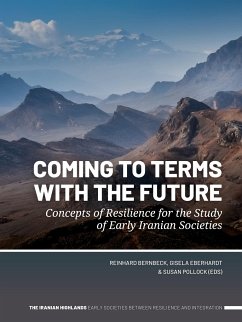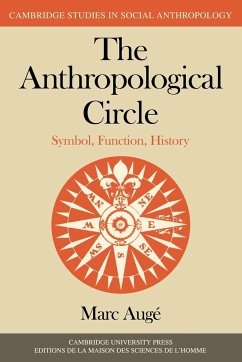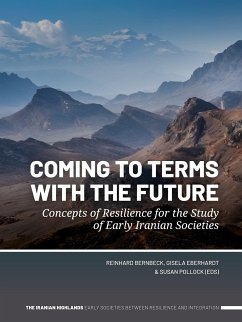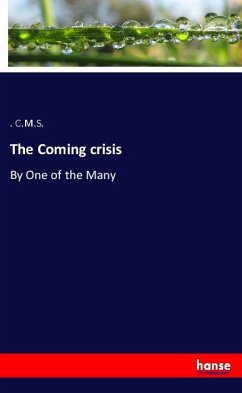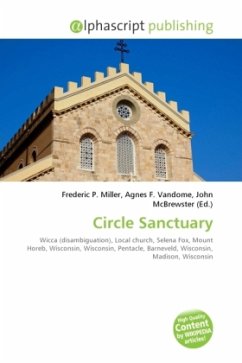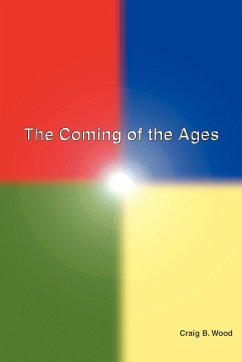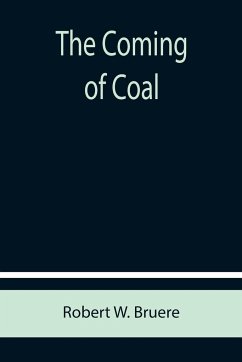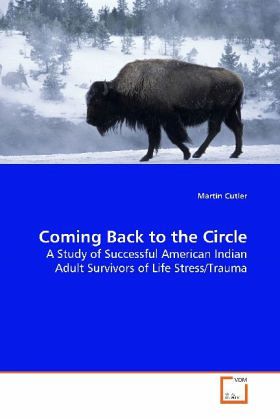
Coming Back to the Circle
A Study of Successful American Indian Adult Survivors of Life Stress/Trauma
Versandkostenfrei!
Versandfertig in 6-10 Tagen
52,99 €
inkl. MwSt.

PAYBACK Punkte
26 °P sammeln!
Studies of wellness among American Indian peopleshave historically been heavily deficit-based andproblem-saturated. In an effort to change thisparadigm, Cutler explored the roles played byself-efficacy (an individual s capacity to executeand organize the actions required to manage difficultlife situations) and resilience (the achievement ofcompetence or positive development outcomes underconditions that are adverse or that challengeadaptation) in the lives of American Indian adultsidentified by their communities as trauma survivorswho had subsequently become leaders in their Nativecommunity. U...
Studies of wellness among American Indian peoples
have historically been heavily deficit-based and
problem-saturated. In an effort to change this
paradigm, Cutler explored the roles played by
self-efficacy (an individual s capacity to execute
and organize the actions required to manage difficult
life situations) and resilience (the achievement of
competence or positive development outcomes under
conditions that are adverse or that challenge
adaptation) in the lives of American Indian adults
identified by their communities as trauma survivors
who had subsequently become leaders in their Native
community. Using narrative data obtained through a
phenomenological qualitative study, the author
discovered that what was "wrong" with these people,
wasn''t as important as what was "right", and how
these unique and powerful experiences could be used
to inform and direct counseling and other helping
efforts with American Indian people.
have historically been heavily deficit-based and
problem-saturated. In an effort to change this
paradigm, Cutler explored the roles played by
self-efficacy (an individual s capacity to execute
and organize the actions required to manage difficult
life situations) and resilience (the achievement of
competence or positive development outcomes under
conditions that are adverse or that challenge
adaptation) in the lives of American Indian adults
identified by their communities as trauma survivors
who had subsequently become leaders in their Native
community. Using narrative data obtained through a
phenomenological qualitative study, the author
discovered that what was "wrong" with these people,
wasn''t as important as what was "right", and how
these unique and powerful experiences could be used
to inform and direct counseling and other helping
efforts with American Indian people.




